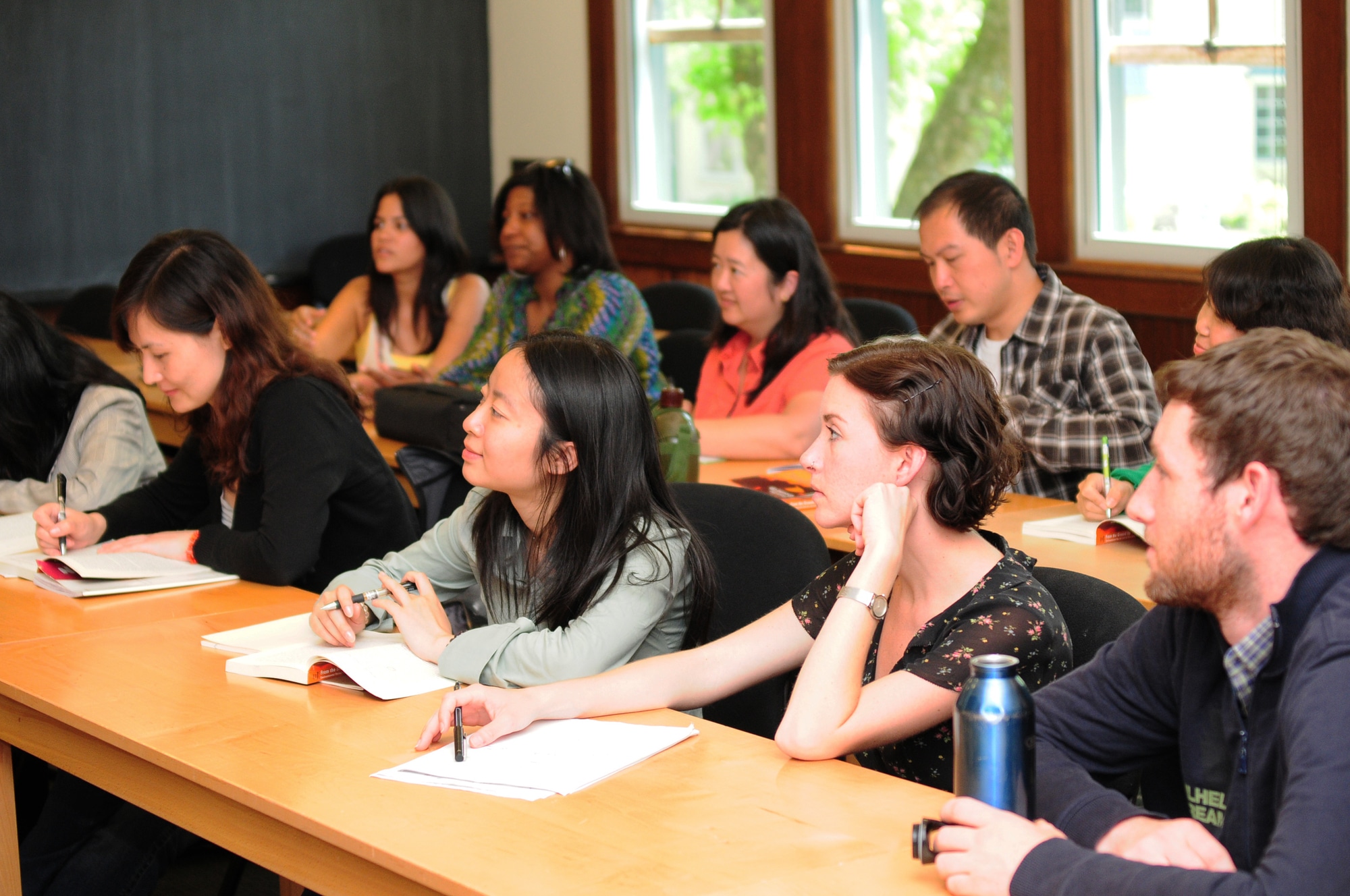
From a classroom at Vermont Law School, students in the Transnational Environmental Law Practicum are supporting environmental organizations halfway around the word.
Since its founding 15 years ago, Vermont Law School’s U.S-Asia Partnerships for Environmental Law (PEL) has built strong connections with NGOs, government institutions, and universities across Asia. That gives students some unique opportunities to get involved in international work.
In PEL’s new Transnational Environmental Law Practicum course, launched this fall, students team up with organizations in Asia to complete environmental law projects. Inspired by a Climate Justice Practicum VLS launched in 2020, the course combines classroom instruction with hands-on work that serves important needs. Projects support organizations’ environmental advocacy and legal reform work on the ground; meanwhile, students learn about specific environmental challenges as well as gaps in laws and policies in these countries.
For example, one student pair is working with NGO partners on China’s pending National Parks Management legislation. They’re helping to ensure that local civil society organizations and communities have a voice in the decision-making process and in future national parks governance. Case studies they develop on the U.S. National Park System will help their Chinese partners make the case for community participation in China’s national parks management.
Meanwhile, another student group is supporting an NGO to research the climate change commitments of Vietnam, Cambodia, and Laos developed under the Paris Agreement. The goal is to establish an overall picture of climate change commitments in these countries and determine whether the legal/regulatory framework is sufficient to deliver on these commitments. Other student pairs are working on legislative reforms for environmental public interest litigation, promoting watershed sustainability, and improving China’s environmental impact assessment system.
Student Boebin Park JD/MELP’23 says that one highlight of the course is hearing directly from workers at international NGOs and learning about their career paths. “Prior to this course, I did not realize how U.S.-oriented my views were on tackling environmental issues in other countries,” Park said. “The Transnational Environmental Practicum shifted my perspective on handling transnational environmental issues. It is hard to find international environmental opportunities, and this is a great starting point for anyone interested in working for international clients.”
On a rolling basis, PEL is now accepting applications for the spring semester practicum. To apply, email Claire Andrews at [email protected] with a short statement of interest (no more than one page) and a resume.